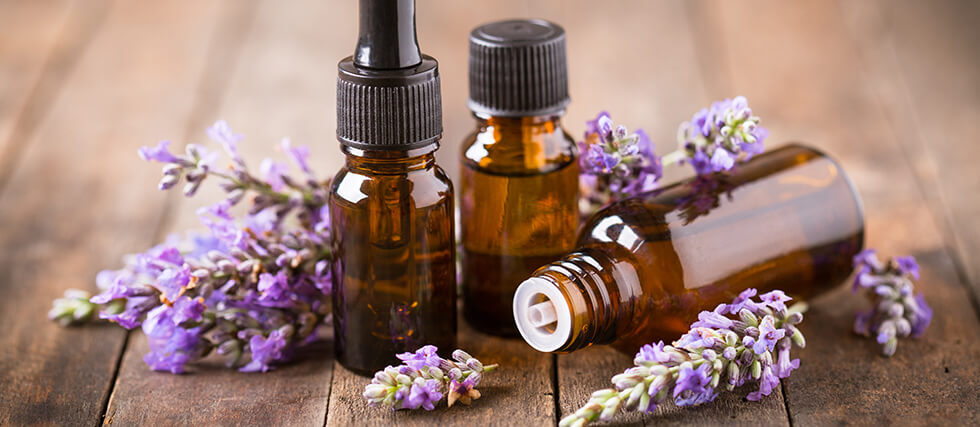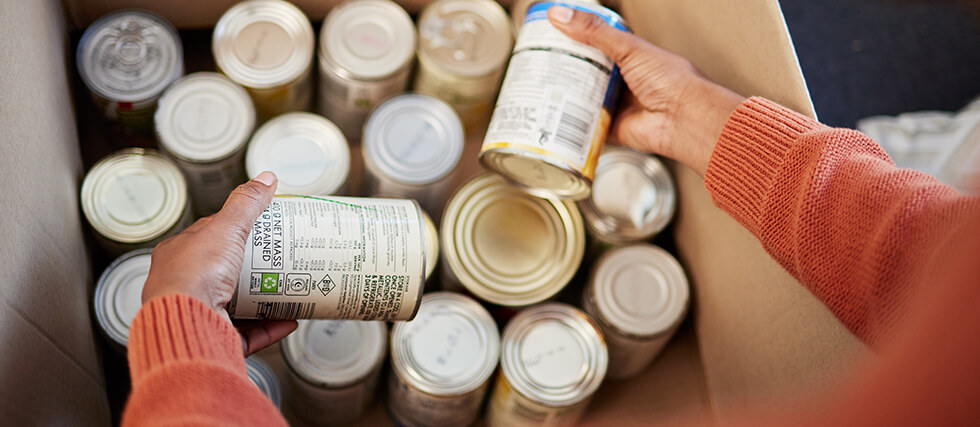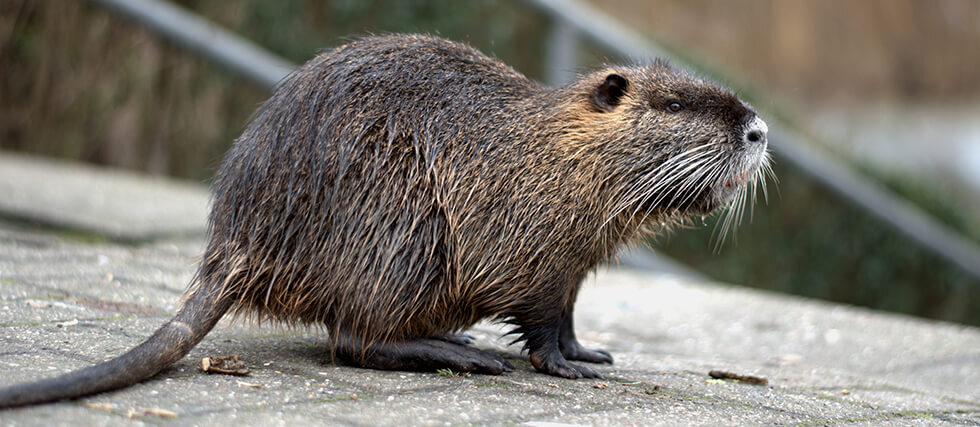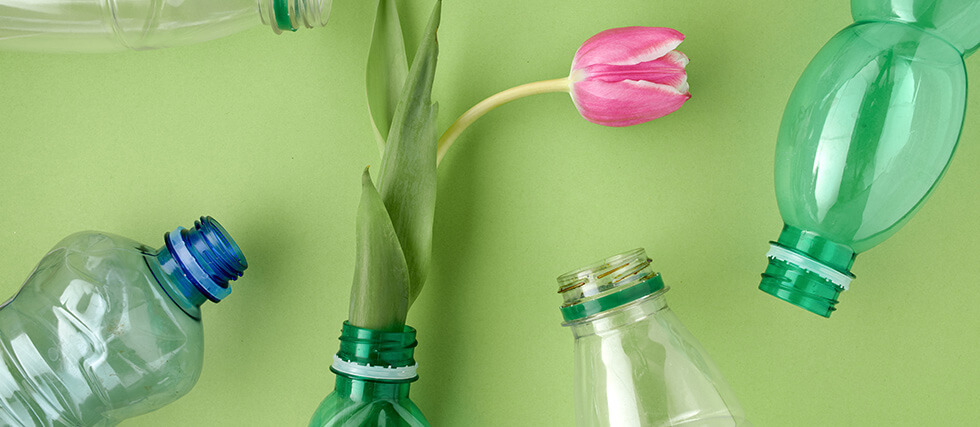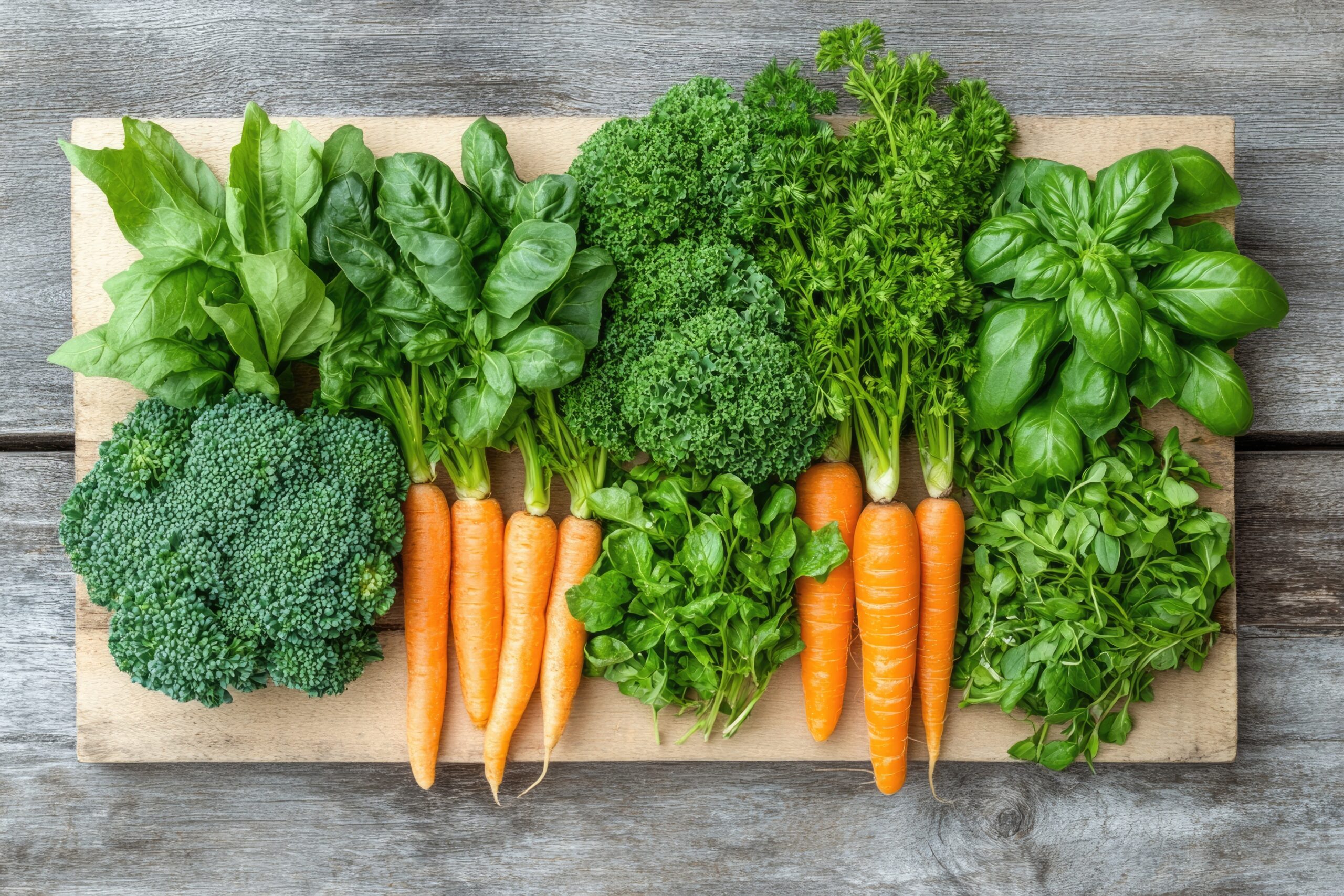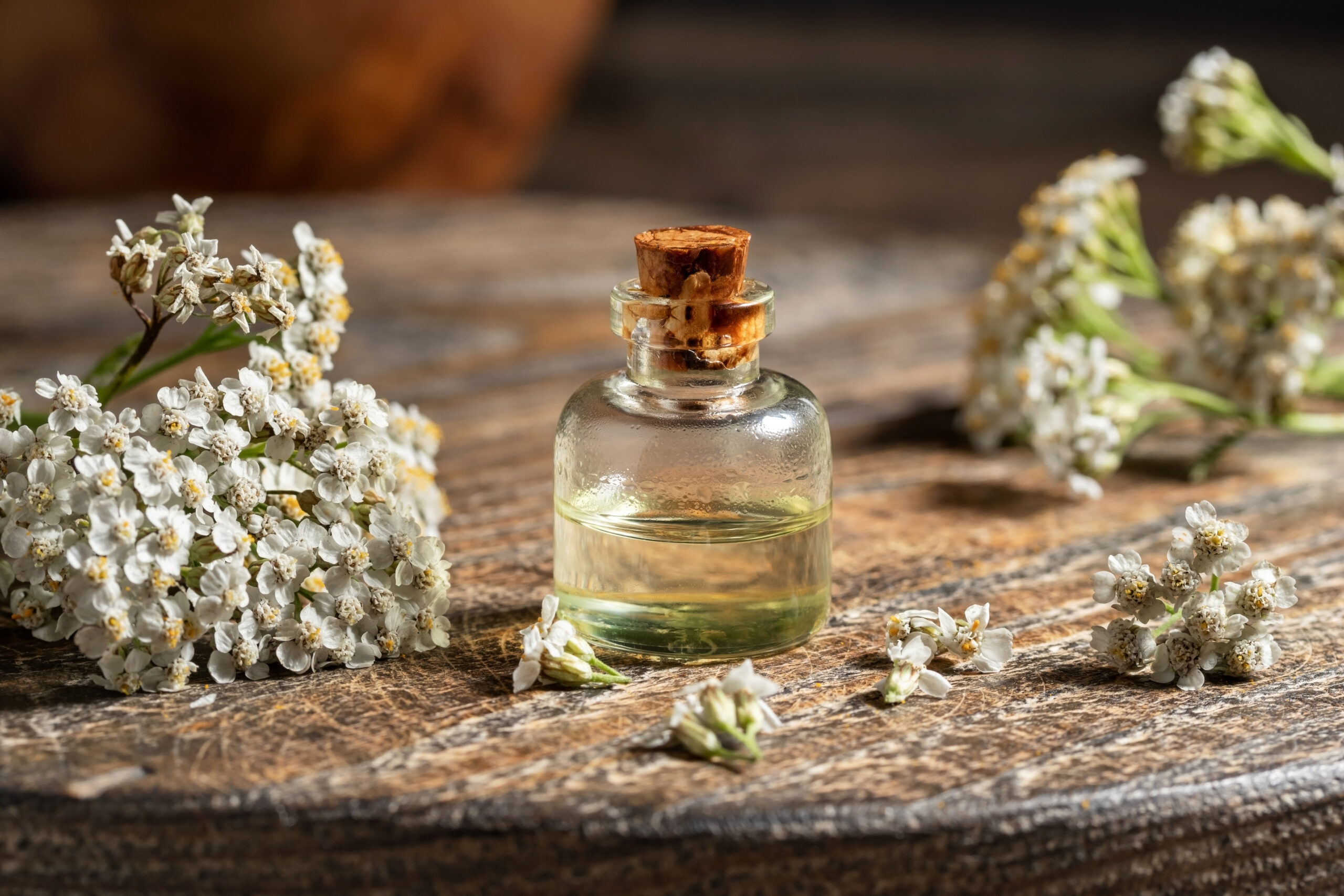Are Your Essential Oils Safe from Phthalates?
A recent investigation by Mamavation, in partnership with EHN, uncovered concerning levels of phthalates in essential oils. The study tested 22 lavender and peppermint essential oils from 11 popular brands and found that all contained detectable levels of these harmful chemicals.
Phthalates, commonly used as solvents and stabilizers, have been linked to hormone disruption, fertility issues, obesity, developmental delays, and even cancer. This highlights the need for consumers to be vigilant when selecting essential oils.
Finding safe essential oils is crucial for protecting your health from harmful chemicals like phthalates. To avoid phthalates in essential oils, consider the following tips:
- Choose Certified Organic Oils – Organic certification ensures oils are free from synthetic chemicals and contaminants.
- Check for Third-Party Testing – Look for brands that provide independent lab reports verifying purity and the absence of phthalates.
- Opt for Reputable Brands – Brands like Mountain Rose Herbs, Now Essential Oils, and Plant Therapy have been found to contain lower levels of contaminants.
- Avoid Synthetic Fragrances – Pure essential oils should contain only plant-derived ingredients with no artificial additives.
- Select Dark Glass Bottles – High-quality essential oils are typically packaged in dark glass to protect against light degradation and chemical leaching.


